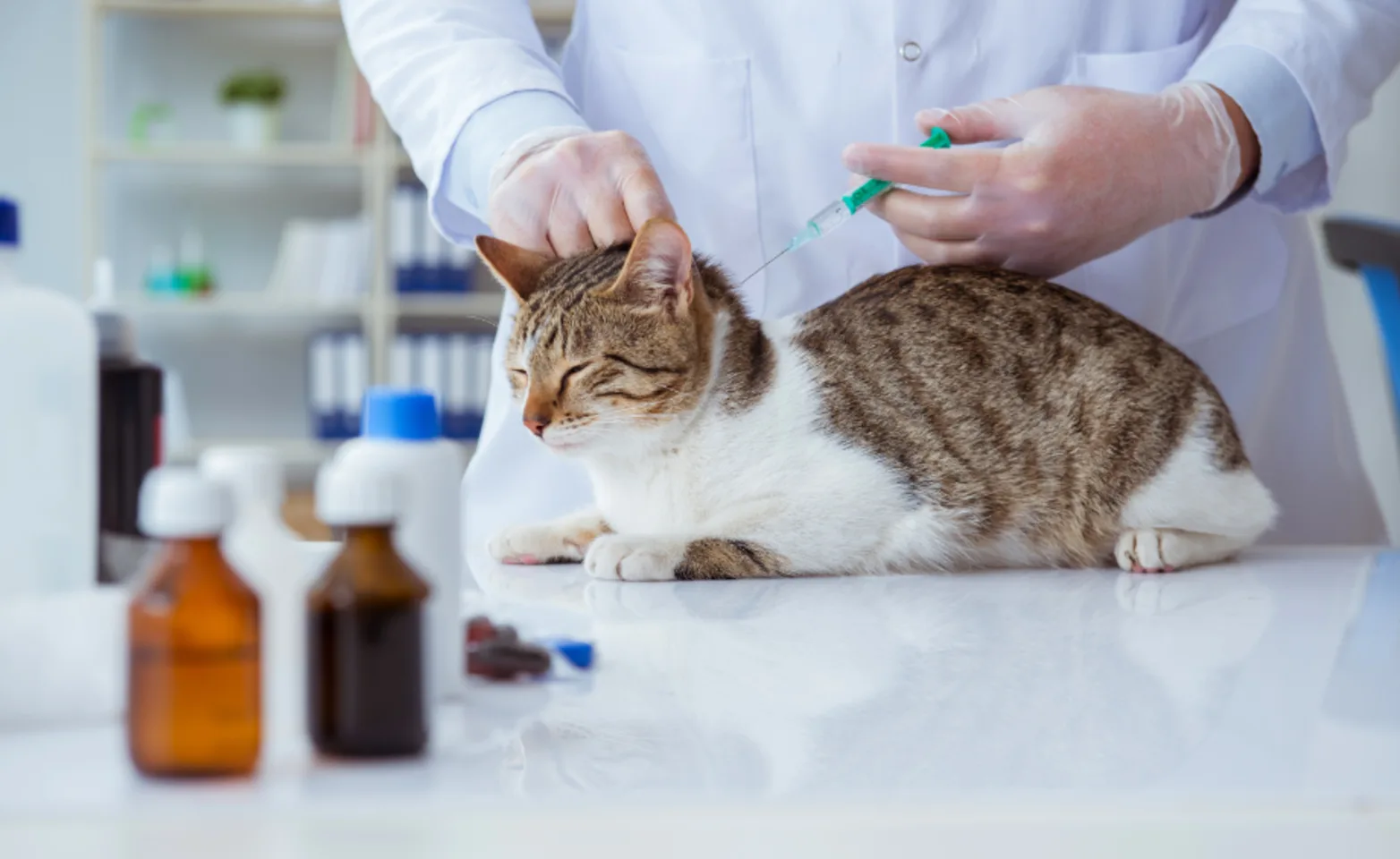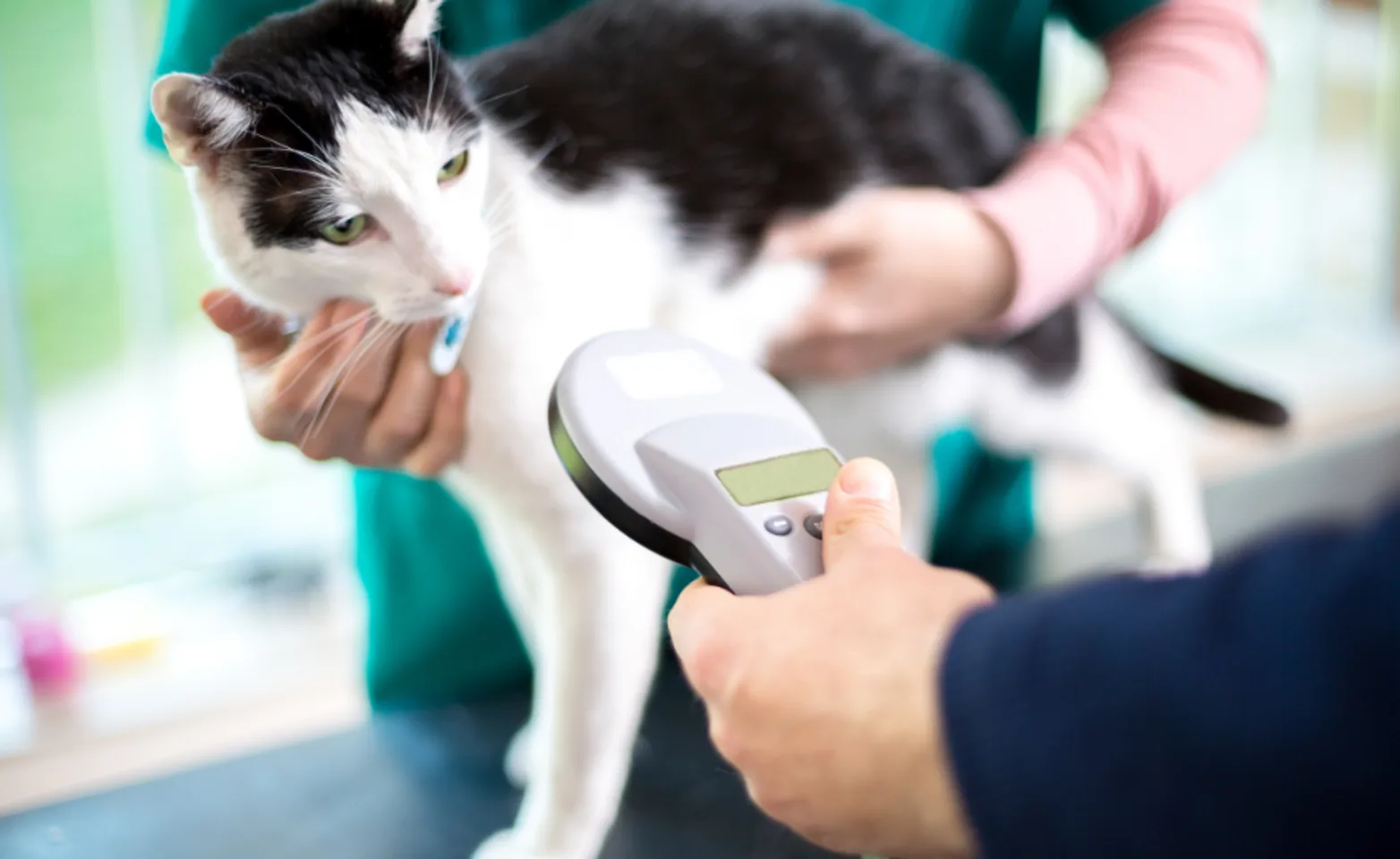Stiern Veterinary Hospital

Pre-Anesthetic Blood Testing
Blood Testing Prior to Anesthesia:
Most anesthetics are flushed from the body through the liver or kidneys. That is why it is important to know that these organs are functioning properly. Blood tests give us that information thus allowing for the most appropriate and safest anesthetic regime to be administered. These tests are similar to those your own physician would run if you were to undergo anesthesia. Young, healthy pets may only require minimal blood screening, while older pets should have a complete blood panel performed.
Mini CBC Profile: PCV (Anemia), White Blood Cell Count (Infection) & Red Blood Cell Count (Anemia/Bleeding Disorder), Platelet Count (Clotting Disorder)
Full Pre-Surgical Profile: Includes the above and adds: BUN and Creatinine (Kidney), ALKP and ALT (Liver), Glucose (Sugar), Total Protein(Dehydration

Intravenous Catheter Placement:
An intravenous catheter helps us to administer the correct dosage of anesthesia to the patient’s individual needs so that we can use the minimal amount of anesthetic required. It also allows us to administer intravenous fluids and emergency drugs should your pet encounter a problem while under anesthesia. Studies have shown that the presence of a venous catheter significantly reduces risks associated with anesthesia in both dogs and cats. For these reasons, the placement of a venous catheter is strongly recommended prior to any anesthetic procedure.

Microchip Permanent I.D. Implant:
A microchip is a permanent ID that links your pet to you and is much more reliable than a collar and a tag because there is no chance it will fall off. The chips can be implanted at any time, but doing so while your pet is already anesthetized makes it convenient and totally pain-free and provides you with the peace of mind that you’ve given your pet the permanent, lifetime ID he needs for the best chance to come home.

Pain Management:
The need for pain management will vary with the patient and the nature of the procedure being performed. Initial pain medication is included if indicated during procedures such as spays and neuters (excluding dental procedures). However, we recommend additional pain medication when indicated for a more comfortable, faster recovery and added peace of mind for you
There are other tests available that are not included in the above choices. We have selected tests that give the doctors a suitable overview of healthy patients. However, if the patients are in their senior years (above 7 years old) or are sick, the FULL senior profile can be done on the day of the procedure at the owner’s request.
